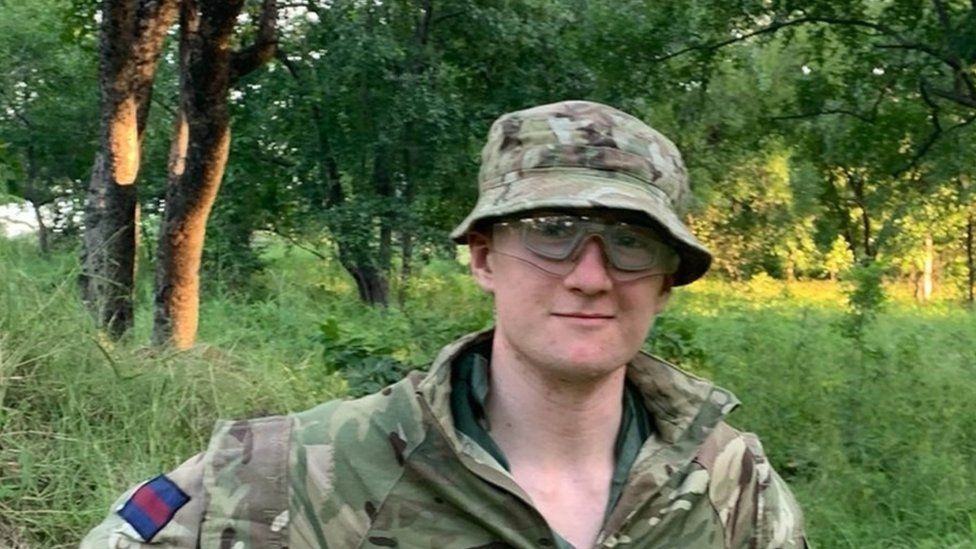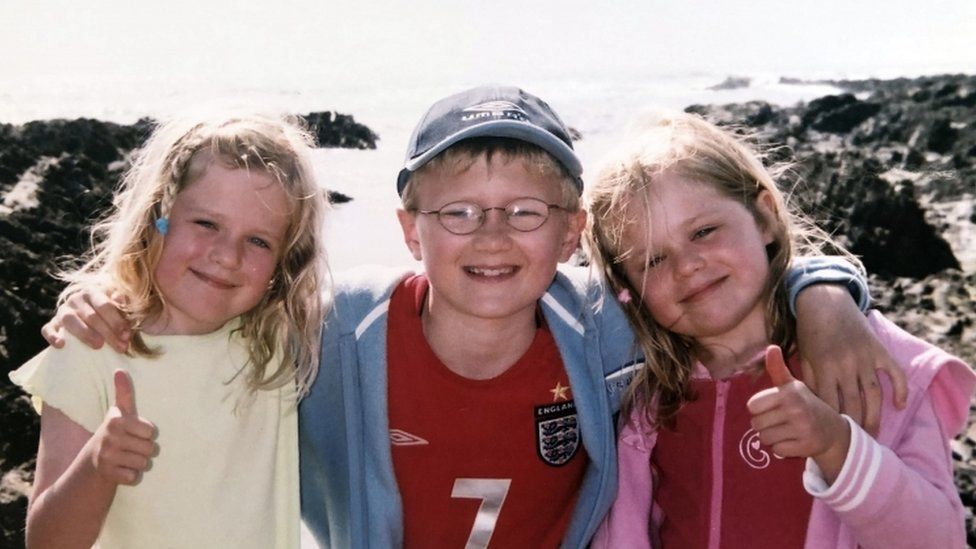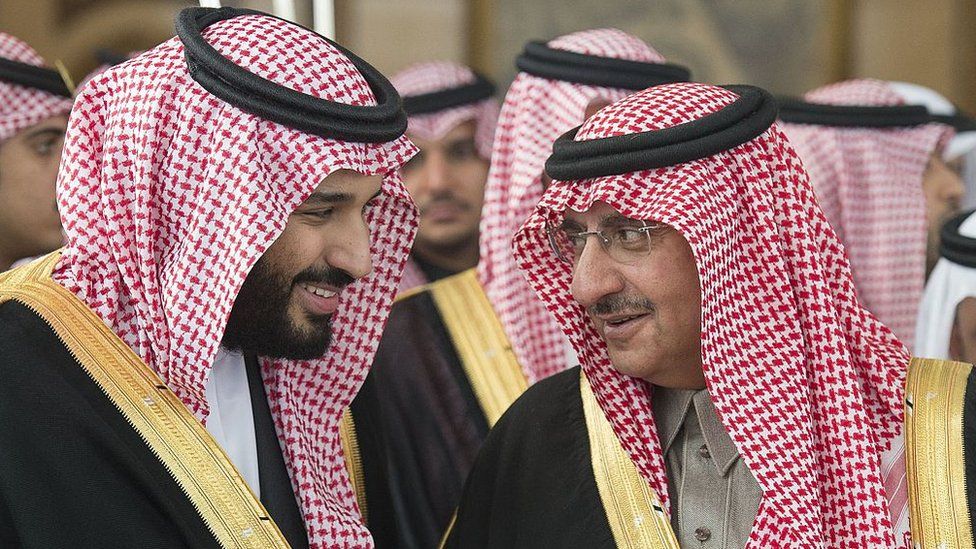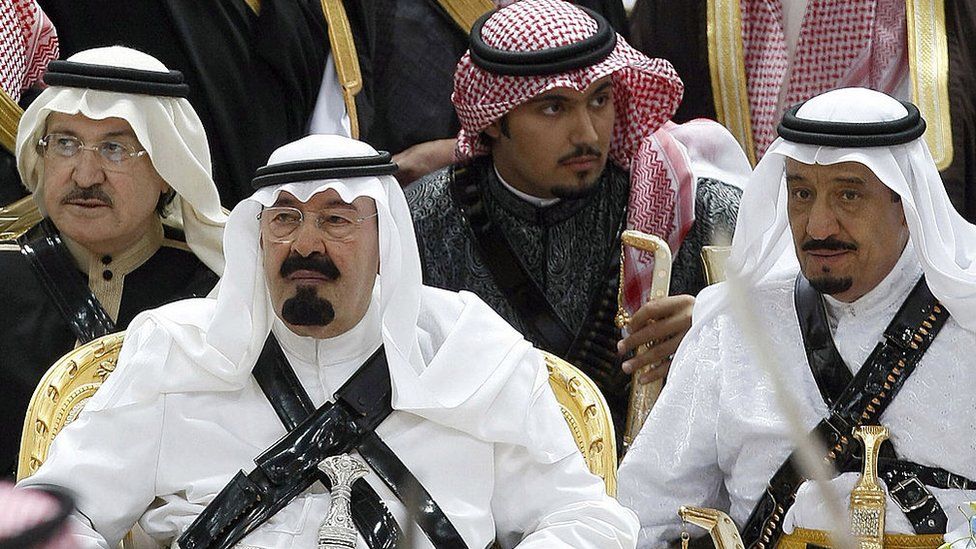MALI
Prime Minister Choguel Kokallia Maiga has given Professor Hamidou Boly, ECOWAS Permanent Representative in Mali 72 hours to leave the country. Boly has been declared persona non-grata by the Malian Prime Minister for actions “incompatible with his status” as representative of ECOWAS in Mali
BURKINA FASO
Trial for the assassination of former Burkinabe Leader Thomas Sankara has resumed today in Ouagadougou before a military court 34 years later. The trial, which began on October 11, was suspended at the request of defense lawyers who needed time to review over 20,000 documents before they can prepare for trial. Meanwhile former president Blaise Compaore who is the accused, will be joining the trial via video from his residence in Abijan, Cote d’Ivoire.
Also in Burkina Faso, the army successfully quelled a Jihadist attack in the Namissi Guima province of Sanmatenga. The army killed five jihadists and recovered 15 motorcycles as well as a large cache of weapons.
BENIN
Benin has legalized abortion up to 12 weeks of pregnancy in a vote last Thursday by the country’s Assembly. This new law puts an end to a boost in clandestine abortions that have take the lives of many young girls across the country.
MALI
The transition leadership in Mali has promised to announce the date of the general elections this December. The elections would elect civilian leaders to head a government that would return the country to civilian rule after military leader Goita toppled the Keita government last year.
NIGERIA
The Nigerian Guild of Editors (NGE) has called on media professionals to be ‘conflict-sensitive’ in reporting cases of insecurity across the country. This, it said, is because insecurity takes a huge toll on societal life and posts negative development indices in several areas. The NGE made this call at the end of its conference in Abuja.
RWANDA
Rwanda’s ambition to launch two satellite constellations in the next three years has further highlighted the country’s plan to become a hub for the African space industry. The Rwanda Space Agency (RSA) announced the development on Tuesday, citing that it filed a request to acquire two satellite constellations from the International Telecommunication Union (ITU). The two fleets of craft totals 327,320 satellites.
ZIMBABWE
Foreign currency deposits, on a broad money basis, registered growth of 55,53 percent in the year to August 2021, latest statistics from the Reserve Bank of Zimbabwe (RBZ) show. The foreign currency deposits increased from $86,01 billion (ZW$) in August 2020 to $133,77 billion in Augustthis year. The growth in FCA deposits was largely driven by revaluation changes, owing to the movement of the exchange rate from $83,40 per US$1 in August 2020 to $86,06 per US$1 in August 2021.
SUDAN
Joint military forces detained Sudan’s Prime Minister Abdalla Hamdok on Monday after he refused to support their “coup”, the information ministry said. Other members of the transitional government have also been detained and taken to an unidentified location. “After he refused to be a part of the coup, a force from the army detained Prime Minister Abdalla Hamdok and took him to an unidentified location,” the ministry said in a statement on Facebook.
NAMIBIA
The Alliance of Christian Churches in Namibia (ACCN) has suggested government hold a referendum over the contentious issue of abortion. Reverend Dolly Nengushe, who is the executive chairperson of the ACCN board of trustees, believes the process of a referendum will help gauge the views of all parties involved. The ACCN during a media briefing last week firmly rejected a proposal to allow abortion and repeal the Abortion and Sterilisation Act of 1975, which was adopted under apartheid South African rule. The current law only allows abortion to save the life of the mother, in cases of severe foetal deformity, in cases of rape or incest, or if the woman is mentally incompetent.
SOUTH AFRICA
It is estimated that “one in ten adults living in South Africa will have experienced major clinical depression at some point in their life but only 25% have sought treatment and care for their mental conditions, such as depression”. Although these estimates are based on the South African Stress and Health (SASH) study, last done in 2009, subsequent studies have also stressed the challenge of reducing this treatment gap.
MALAWI
Malawi president and SADC chairperson Lazarus Chakwera has called for the immediate and unconditional removal of sanctions imposed on Zimbabwe by the Western bloc of states saying this would facilitate economic recovery. Zimbabwe is set to commemorate the Anti Sanctions Day on October 25. In a solidarity statement, Chakwera said: “As SADC we are concerned by the continuation of sanctions on some individuals or entities and hereby call for the unconditional and immediate lifting of these sanctions.”
DNT News, Accra

















